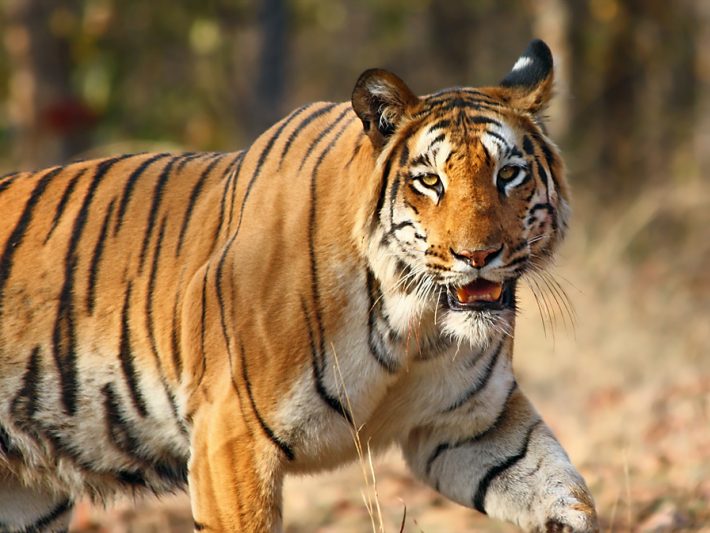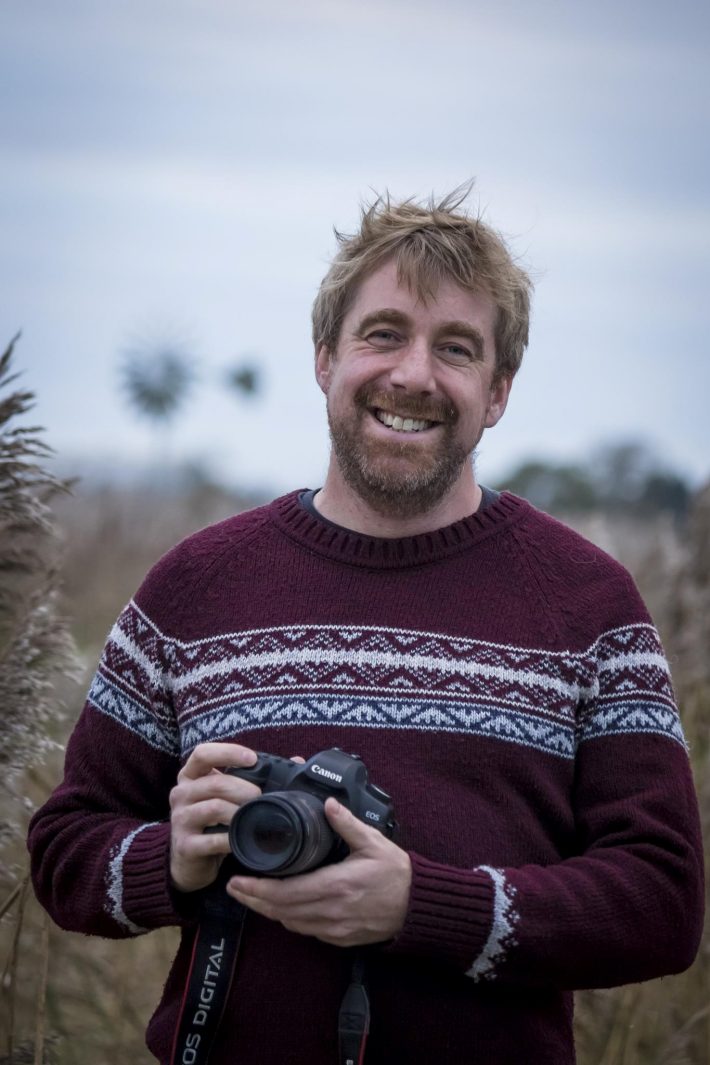Pitching your ecology to broadcast media
Learn how to pitch your ecological research and stories for broadcast on radio and television in this interactive webinar series led by and with personalised feedback from an experienced conservation officer and broadcast media producer.

BES Members: Access the course resources here
Natural History broadcast channels – TV, film, radio and online – have a vital role to play in inspiring mainstream audiences to a love of nature. By telling nature’s stories, programmes raise the profile of ecology, enthuse the next generation to pursue ecological careers and inspire current generations to change behaviours to create a world where people and nature can thrive.
Vitally, those working in Natural History TV are dependent on ecologists: without research there are no stories… and without stories there’s no Natural History programme-making! Behind every set of statistics – and all those hours in the field – there’s an engaging dramatic narrative just waiting to be found and told to a mainstream audience. In addition, a benefit for ecologists in collaborating with those in broadcast media can be that funding applications increasingly require ecologists to seek out opportunities for and evidence methods to communicate their work to mainstream audiences. If you are interested in outreach, education or communication, this can provide opportunities to share your messages with an audience of millions.
This interactive course of three Webinars and personalised feedback is for ecologists interested in facilitating a process that lifts their work and research from journal/thesis and brings it to screen or radio.But what makes a good story for TV? What elements can be taken from the pages of a journal and lifted to the screen or airwaves? And how do you bring your research to the attention of broadcasters? And what should your expectations be? In this course we will explore:
Session 1: we’ll learn how to see the dramatic narrative in your ecological science
Session 2: we’ll dissect how to write ideas up in a way that whets the appetite of programme-makers and who to approach
Session 3: we’ll talk about what to expect of next steps in a process in a competitive industry where good ideas are king
At the end of this course, you will have produced your own pitching ‘treatment’ which the BES will process for potential submission to its broadcast media contacts.
Who is it for? We’d recommend ecologists from the minimum career stage of graduate and upward. The skill-set will also be applicable to conservation NGOs with non-academic stories to share. This course should be seen as a way of understanding the thought processes behind Natural History programme-making and not a gateway programme for entering the wildlife film industry.
Format of delivery: BES Members can access recordings and slides of all three Webinars held in May/June 2020 via BES Members Area of our website.
You can also register your interest via this form for the BES to re-run this course for members and non-members. When sufficient interest is gathered we will contact to the training provider to organise dates.
If you would like to become a member, please sign up online to access this resource and many more exclusive benefits including training, grants, and discounts.
Training provider: Matt Brierley
As a freelance self-shooting Producer/Director with a history of making wildlife TV and working for conservation NGOs, Matt has brought ecological stories to a suite of programmes including Springwatch, the One Show, Gardeners’ World, Planet Earth II and Blue Planet II. Matt researched the science behind hit ecological feature film The Serengeti Rules and the stories for Lucy Cooke’s bestselling book The Unexpected Truth About Animals. He was the brains behind Radio 4’s Natural Histories series, developed the UK wildlife digital content for BBC Earth’s recent online launch and is currently cutting his first feature film, working alongside conservation NGOs, to tell the story of the shark extinction crisis. He has an MA in Wildlife Filmmaking and first class MSc in Ecosystem Conservation, so has feet firmly in both ecological and media arenas!
BES Members: Access the course resources here
Register your interest for A RE-RUN OF THIS COURSE HERE

Like what we stand for?
Support our mission and help develop the next generation of ecologists by donating to the British Ecological Society.